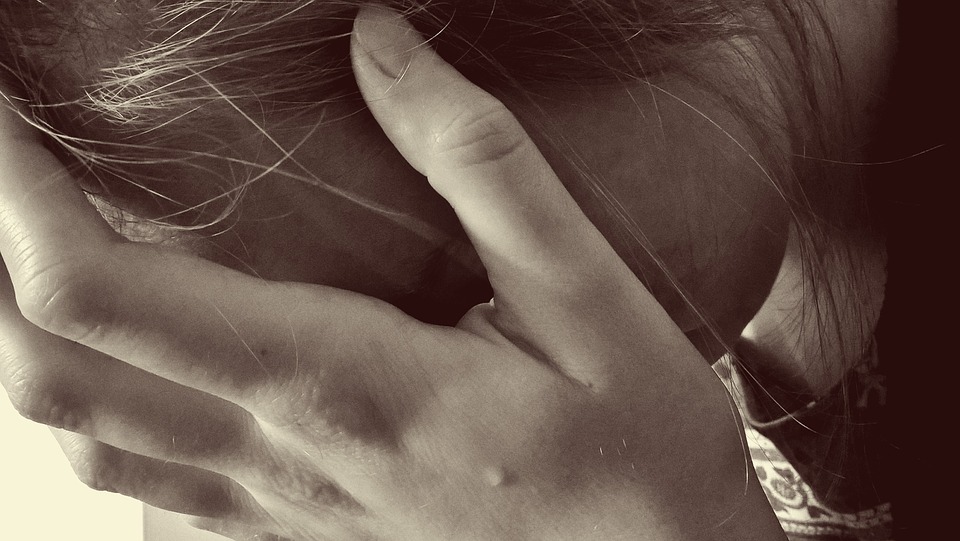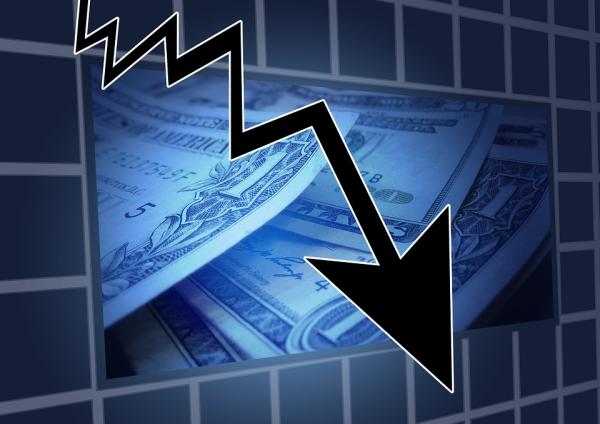Does having money help extend your life? Does not having money shorten it?
Trying to determine whether personal finances affect life expectancy, researchers from the University of Michigan and Northwestern Medicine – calling their study "the first to look at the long-term effects of a large financial loss" – say they found this correlation:
Middle-aged adults, who went on to lose 75 percent or more of their total wealth during a two-year period, had a 50 percent greater chance of dying within the next 20 years than those whose wealth remained stable, or had increased.
That financial loss, which they termed "negative wealth shock," was impactful for two main reasons: it can produce "a significant mental health toll and also leave fewer monetary resources for health-related expenses," the authors wrote in their study, which was published Tuesday in the Journal of the American Medical Association.
Those who suffered this financial crisis were more prone to forego buying essential, but expensive, medicines, and more likely to avoid medical checkups or needed procedures. And of course, these adults also were faced with fewer financially-productive years in their lives to reverse their fortunes and rebuild wealth.
"It wasn't just a few individuals," said Lindsay Pool, a research assistant professor of preventive medicine at Northwestern's Feinberg School of Medicine, and the study's lead author, "but more than 25 percent of Americans had a wealth shock over the 20 years of the study."
Worse yet, those who lacked financial resources to begin with were 67 percent more likely to die during this 20-year period.
The study population included 8,714 adults from The Health and Retirement Study, "a nationally representative longitudinal study of US adults aged 51 years and older," wrote the study's authors, who "used the original HRS cohort, born in 1931 through 1941." As such, they included those up to age 61 at entry, whose personal net worth – measured biannually – was tracked over two decades. Those figures were then reviewed against the group's mortality statistics for an average of two decades – the mean being 17.7 years – from 1994 to 2014.
Negative wealth shock was experienced by 2,430 participants, or 28 percent of the study's adults. Meanwhile, 2,823 deaths occurred, representing 32.4 percent of all participants.
 When broken into separate groups, researchers calculated the mortality rate for those who suffered this drastic financial downturn to be 64.9 deaths per 1,000 person-years. That's compared to 30.6 deaths per 1,000 person-years for those with "continuously positive wealth," the study states. When adjusted for BMI, smoking, education, race and ethnicity, those who experienced negative wealth shock had a "hazard ratio of 1.50," or a 50 percent increased risk of all-cause mortality.
When broken into separate groups, researchers calculated the mortality rate for those who suffered this drastic financial downturn to be 64.9 deaths per 1,000 person-years. That's compared to 30.6 deaths per 1,000 person-years for those with "continuously positive wealth," the study states. When adjusted for BMI, smoking, education, race and ethnicity, those who experienced negative wealth shock had a "hazard ratio of 1.50," or a 50 percent increased risk of all-cause mortality.
"Our findings offer new evidence for a potentially important social determinant of health that so far has not been recognized," according to senior author Carlos Mendes de Leon, a professor of epidemiology and global public health at Michigan's School of Public Health.
The study's authors added that "those who had a negative wealth shock were more likely to be women, race/ethnicity other than non-Hispanic white, have lower levels household income and net worth, and have poor health."




